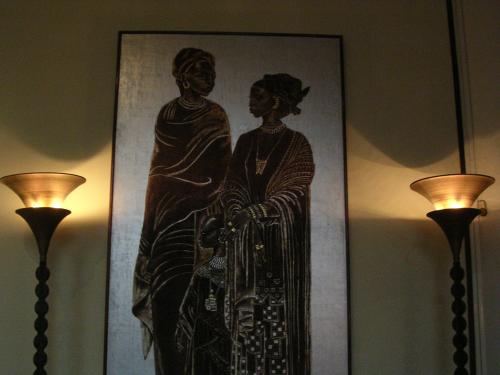
mehr von diesen
originalzitat der ewig jungen dame (nur die
Mein Geburtstagslokal:
Rue d’Assas (oder Rue Madame?), jedenfalls leicht zu finden beim Ausgang
Jardin du Luxembourg Rue Fleurus einfach geradeaus vor, an einer Ecke.
Es ist für meine Begriffe der Inbegriff des Pariser Bistros. Sehr netter
Wirt (älterer Herr) der zwischen den Tischen eifrig herumschwirrt. Das
Essen war super. Etwas seltsame Öffnungszeiten: Montag bis Freitag 12 bis
14 h und 19 bis 21 h. Tel.: 0033 1 454 89 022.
Bitte noch einmal die dringende Aufforderung, wenn noch nicht getan, sich
ins Cafe
Passage Brady die ebenfalls ein Erlebnis ist als auch der ganze Faubourg
St.Denis in seiner Entwicklung von Norden nach Süden beginnend mit
Asia-Arabia-Afrika (Menüs um 4,90), weitergehend über Textil-Großhandel
gepaart mit Strich und dann übergehend in „foine“ Gegend mit Edelpassagen.
(Chez Jeannette glaube ich, leider Sonntag nicht geöffnet - ... da auch
ein „working class – Café“).
Letztes Mal gern gemocht habe ich auch
Rambuteau. Zwar in einer Gegend wo ständig tausende von Menschen und
Touristen unterwegs sind. Trotzdem ganz schön authentisches, ganz schön
schönes Bistro. (Aber Achtung die „Ellbogendichte“ beim Sitzen und Essen
ist SEHR hoch!). Tel.: 0033 1 488 71 020.
Dieses Mal entdeckt: „Chez Chaland“
Delessert. Vielleicht günstig zur Stärkung nach dem nächsten Kaufrausch
bei Antoine et Lili. Von dort noch ca 10 Minuten stadtauswärts.
Sehr nettes kleines Restaurant mit himmlischem Essen.
Die „sehr junge Dame“ liebt das Café
des Rosiers. Nett eingerichtet, nette Menschen, gutes Essen.
(1) warum kommentieren blogger/innen immer so gerne irgendwelche private schaaaasgeschichten (wie etwa das rülpsen eines babies, die letzte weihnachtsdekoration, das gute rezept, die ach sooooo traurige liebesgeschichte) und nicht die wichtigen dinge in dieser welt?
(2) wo ist die wahrheit, freund/inn/en und das bemühen darum?
meingott, manchmal seid ihr kommentator/inn/en wirklich zum kotzen.
*rülps* (aber das nun wirklich sehr privat), euer
sauseschritt (wer sonst, ihr flaschen!)
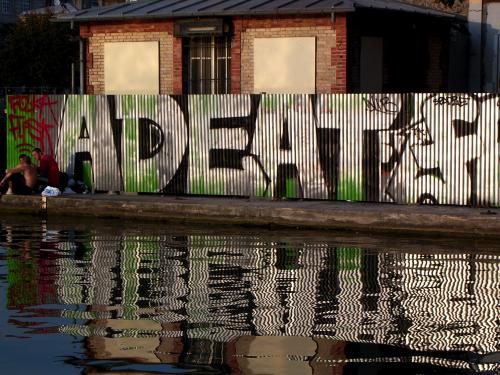
<a french force of 150 tirailleurs set out from brazzaville under major jean-baptiste marchand with orders to secure the area around fashoda as a french protectorate. after an epic 14-month trek across the heart of africa they arrived on 10 July 1882. on 18 september, a powerful flotilla of british gunboats arrived at the isolated fort, led by lord kitchener. as the commander of the anglo-egyptian army that had just defeated the forces of the mahdi at the battle of omdurman, he was in the process of reconquering the sudan in the name of the egyptian khedive. both sides were polite but insisted on their right to fashoda. news of the meeting was relayed to paris and london, where it inflamed the imperial pride of both nations. widespread popular outrage followed, each side accusing the other of naked expansionism and aggression. the crisis continued throughout september and october, and both nations began to mobilise their fleets in preparation for war.
this is what the ![]() english wikipedia has to offer amongst other facts on this long march of commandant marchand. i found it impressing, that the monument wants to convince us that french white soldiers served their black combattants.
english wikipedia has to offer amongst other facts on this long march of commandant marchand. i found it impressing, that the monument wants to convince us that french white soldiers served their black combattants.

nein, der
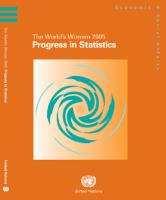 geschlechterspezifische daten fehlen in einem großen teil der weltweiten bevölkerungserhebungen. so werden viele ökonomische, gesundheits- und ausbildungsentscheidungen getroffen, ohne zu wissen, wie viele mädchen und jungen geboren werden, wie viele von ihnen arbeiten oder sterben, so ein un-bericht, der vergangene Woche veröffentlicht wurde. berichtet heute
geschlechterspezifische daten fehlen in einem großen teil der weltweiten bevölkerungserhebungen. so werden viele ökonomische, gesundheits- und ausbildungsentscheidungen getroffen, ohne zu wissen, wie viele mädchen und jungen geboren werden, wie viele von ihnen arbeiten oder sterben, so ein un-bericht, der vergangene Woche veröffentlicht wurde. berichtet heute
this report uniquely focuses on this issue of national reporting of sex disaggregated statistics in such areas as demographics, health, education, work, violence against women, poverty, human rights and decision-making. this is the fourth world’s women report since 1991. the previous three focused on statistical trends in the situation of women. five years ago, the world’s women report emphasized that there was a lack of sex disaggregated data and that the improvement of national statistical capacity – the ability to provide timely and reliable statistics – are essential for improving gender statistics./>
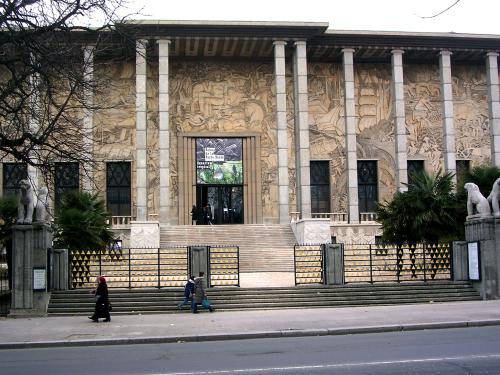
hat jenes gebäude einst geheissen, das 1931 für die
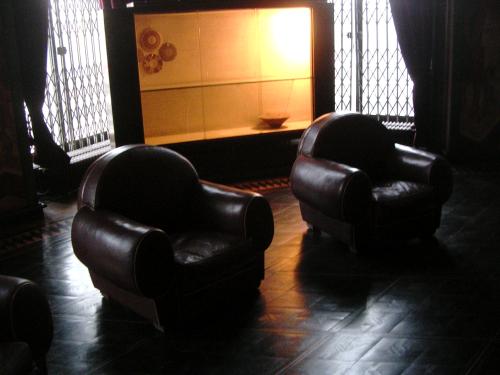
als sauseschritt das gebäude auf seiner spurensuche nach den resten der kolonialausstellung von 1931 betritt, umfängt ihn dunkelheit und vergessen. unten , im keller des gebäaudes, das sich nunmehr
